A Glimmer of Hope After Disaster in Susan’s Bay
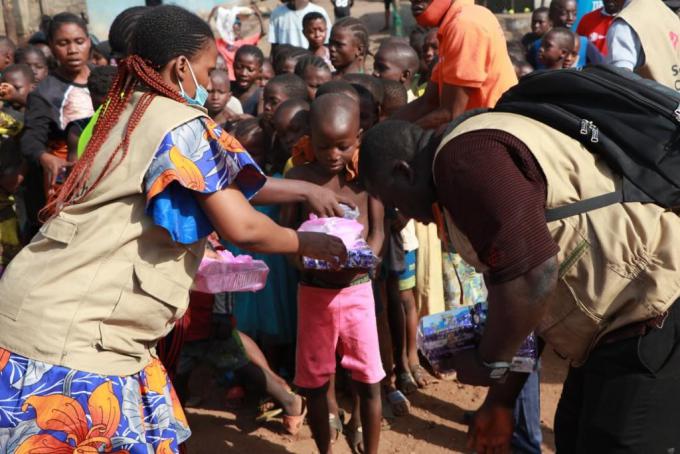
On the evening of Wednesday 24th March 2021, a large fire occurred in Susan’s Bay, a densely packed slum community in Freetown Sierra Leone, destroying homes and the livelihoods of the low-income community where Save the Children has operated for over 7 years, providing health and sanitation support for women and children. According to the government registration, 7,093 people were affected, including 3,352 children and 497 pregnant or lactating mothers.
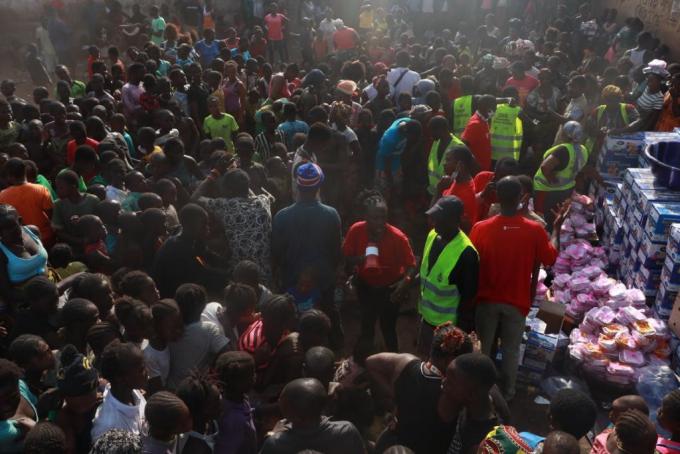
We reported to the scene the next morning, and over the course of the next four consecutive days, we committed to providing 5,000 food packs and water, primarily focusing on the children in need.
“Save the Children has been here with us…it was one of the first organisations we saw after the fire…” said Mariama, a Beneficiary from Susan’s Bay.
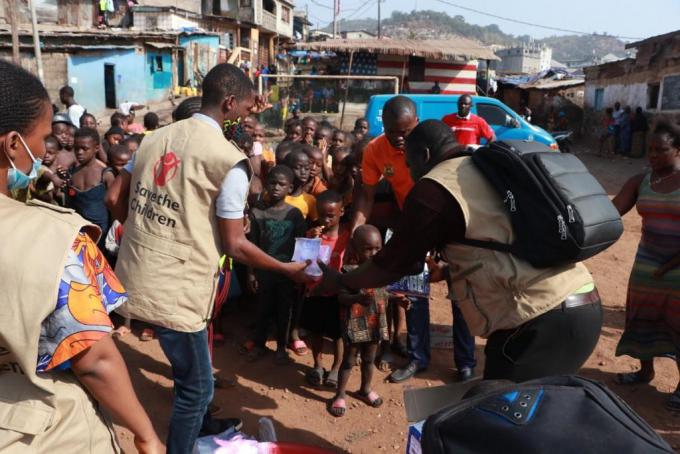
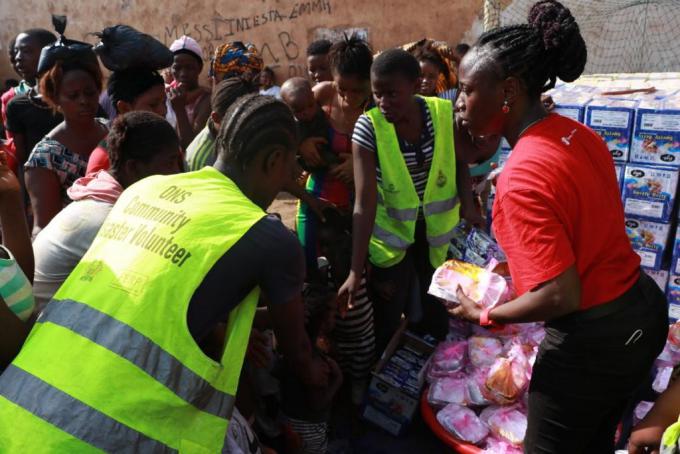
Susan’s Bay is a largely low-income community, where the most common livelihood activities are fishing and petty trading. Due to the density of the community, most of the area is only accessible by foot path.
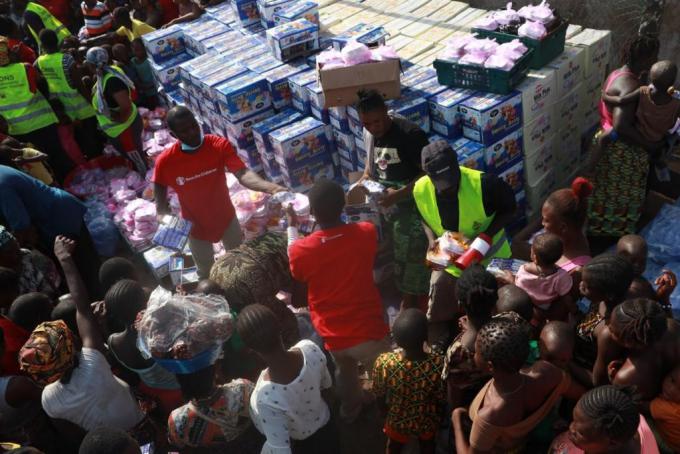
“It’s amazing to see how resilient people are,” said Heather Campbell, Country Director of Save the Children Sierra Leone. “Even though some are in shock…their community warning systems were impressive too. Not a single person lost their life despite this being a huge and fast-moving fire.”
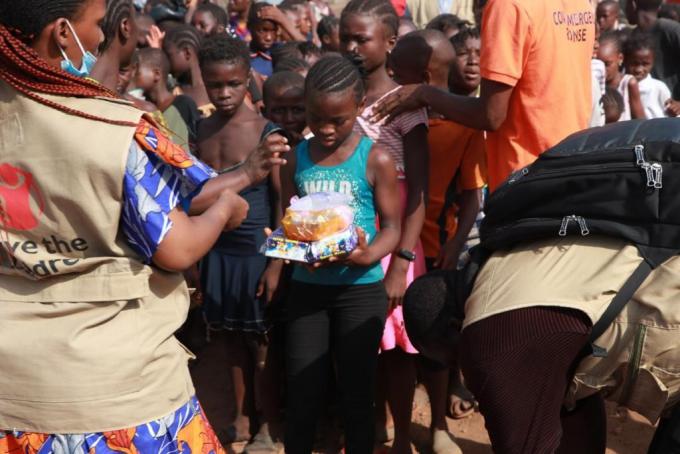
“Most of the people we spoke to said they heard the warning of fire and were able to move to a place of safety. A few managed to snatch a few things from their houses, most were not. In all it is a pretty humbling and pretty shocking scene.” Heather Campbell, Country Director.
Thankfully, The Freetown City Council was one of the first responders, but the scale of this fire requires leadership from the national agencies like the National Disaster Management Agency (NDMA) and the Office of National Security (ONS) as well as support from additional International organisations, as the capacity for full-scale response at national level is limited and dependent on humanitarian partners.
Partners like, CAN (Children’s Advocacy Network), has social workers based in the community, who are providing basic counselling and psychosocial support, as well as tracking the well-being of adolescent mothers.
As part of the emergency response coordination Save the Children anticipates requiring an estimated $300,000 USD to support in emergency distribution of food, NFI and school kit materials as well as to provide adequate mental health and psychosocial support to the affected communities.
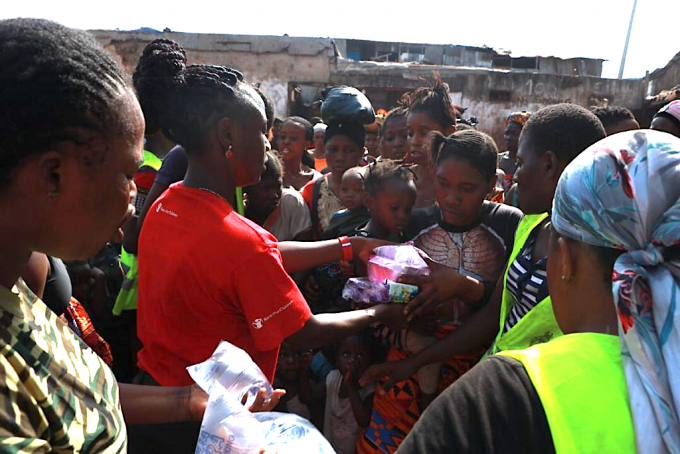
Save the Children is one of the partners in the emergency response team conducting an assessment under the leadership of the Ministry of Education to determine the number of school-going children affected. We will provide school uniforms and other school materials to get children back to school as soon as possible. We are also working with partners on the ground to reach vulnerable girls and young women and provide cash transfers to reduce the risk of them going back to harmful behaviors just to survive.
 Sierra Leone
Sierra Leone